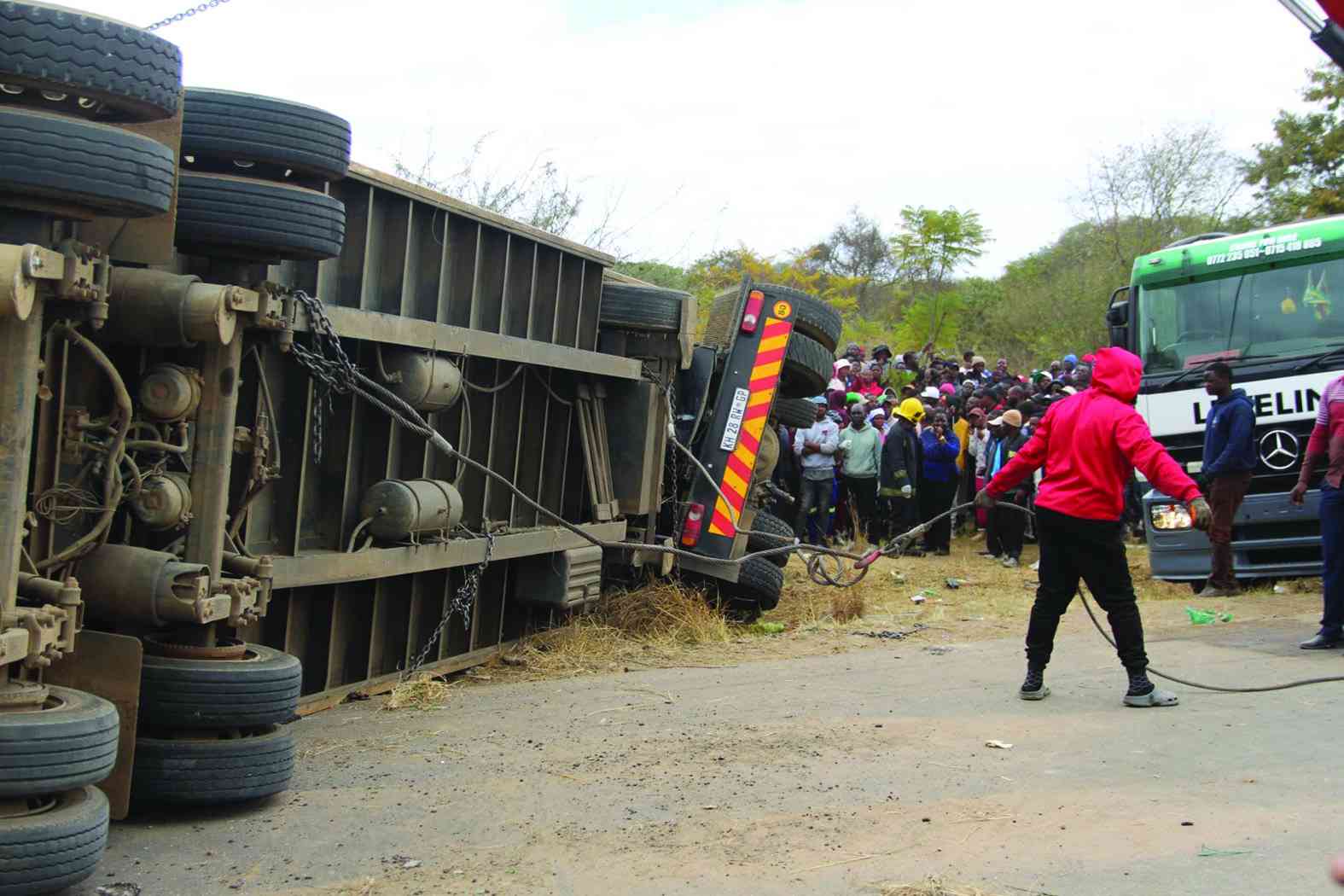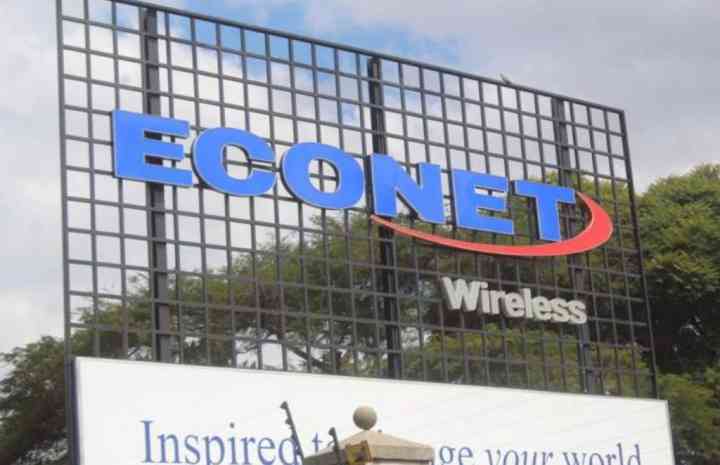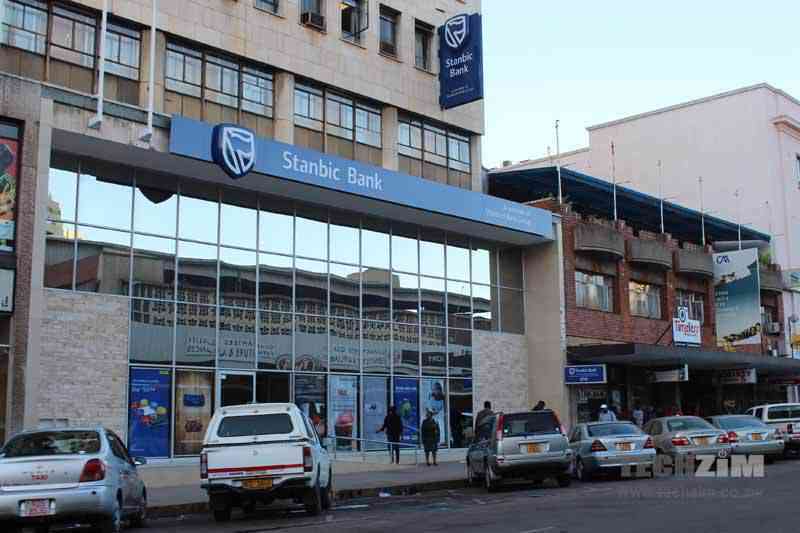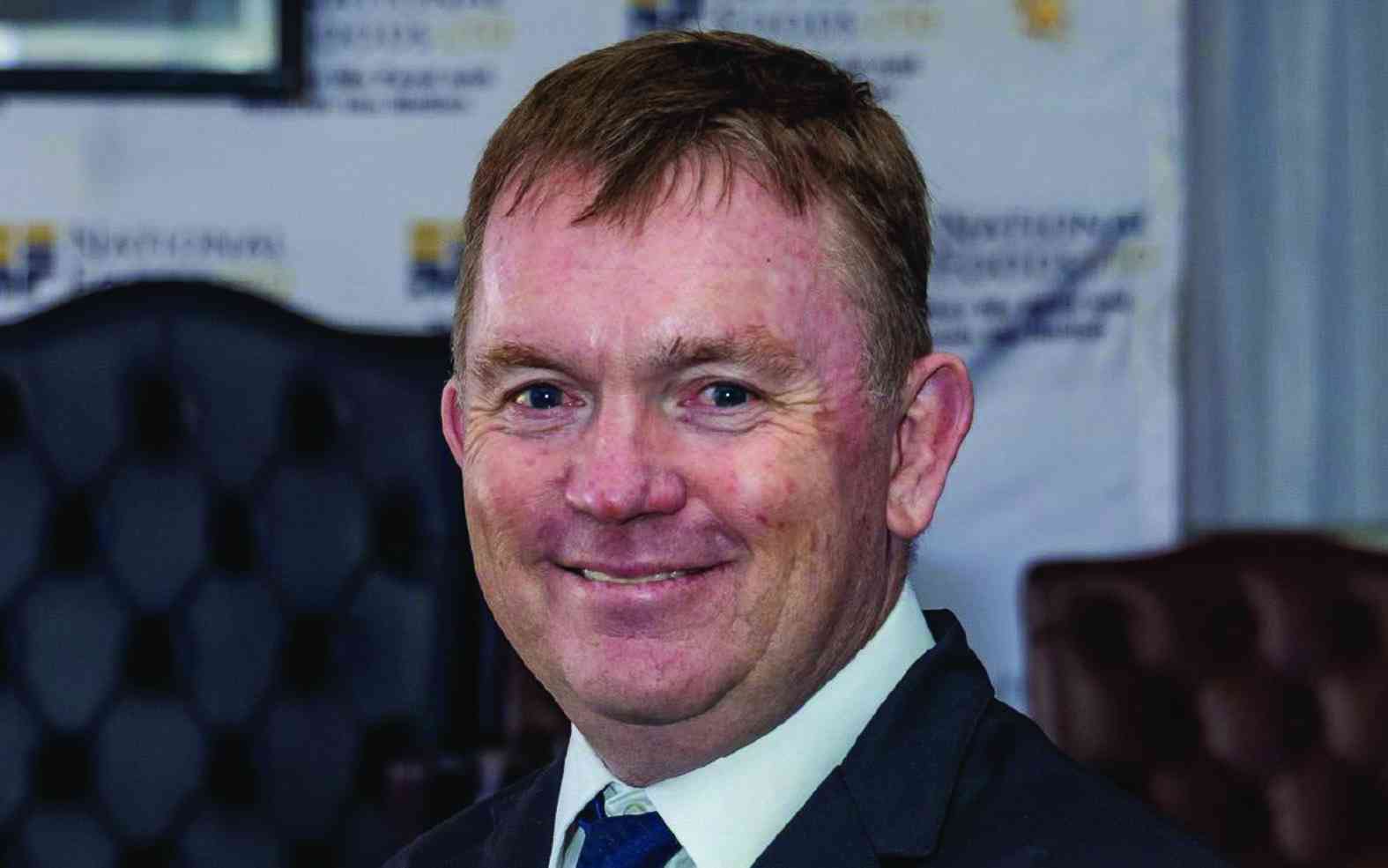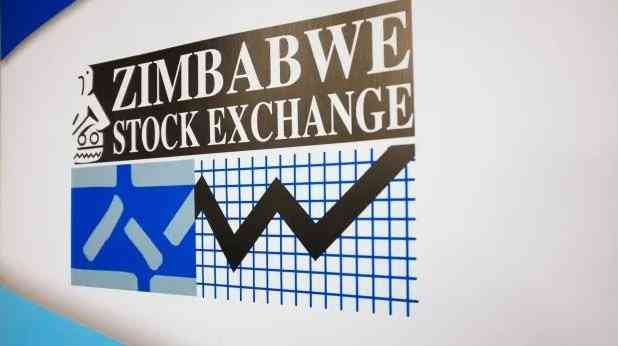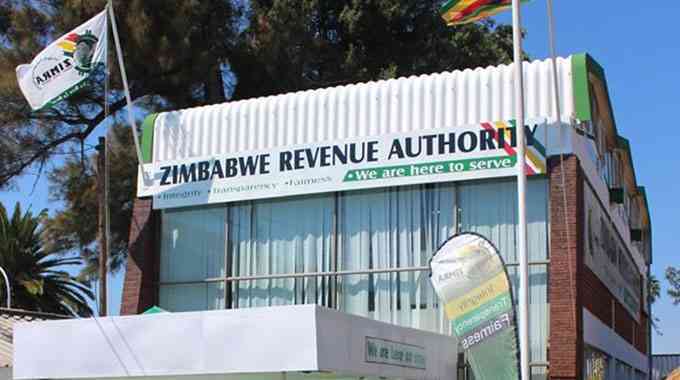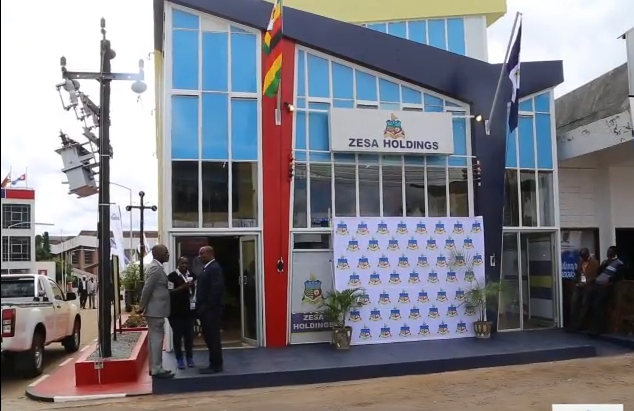
Zesa has renewed calls for the government to review electricity tariffs to reduce its losses and lure private sector participation in power infrastructure development.
BY FIDELITY MHLANGA
The power utility’s projects manager, Flora Chikonye yesterday said a tariff review was fundamental, as Zesa was faced with an insurmountable task to finance projects.
“Unfortunately for us, the issue of finance remains a challenge, where we still have a lower-than-cost tariff and at a time when we are expecting to carry out major infrastructure development projects. There is need to review the electricity tariff to reduce losses by the utility and attract private sector participation in power infrastructure development,” she said.
Chikonye said it was a challenge to access loans due to high risks associated with the prevailing macro-economic environment.
Zesa’s efforts to review tariffs from 9,86c kwh to 14,64c kwh were last year blocked by the government.
Chikonye said electricity tariffs have not been reviewed since 2011, the current charges being not cost-reflective, as well as the loss of cheaper Kariba power due to the drought from 2015 and the securing of more expensive temporary emergency power.
A total of 3 300MW projects are under development to meet the forecast demand.
- Chamisa under fire over US$120K donation
- Mavhunga puts DeMbare into Chibuku quarterfinals
- Pension funds bet on Cabora Bassa oilfields
- Councils defy govt fire tender directive
Keep Reading
These include Hwange expansion, which is anticipated to generate 600MW, Kariba South Expansion 300MW, Batoka Hydro a Zimbabwe and Zambia joint venture project 1 200MW and independent power producers 1 050MW.
“For us to adequately support this project (Batoka) there should be domestic resources. The domestic participation. So the domestic market should be able to raise part of the money required for the project,” Chikonye said.
She said importation of electricity from Mozambique and South Africa will continue in the short-to-medium term until the full implementation of the power projects.
“We will continue to rely on imports to supplement the power shortages in the short to medium term, as we implement our projects and we expect that we will have more power once the Kariba water improves. We are expecting additional 300MW from Kariba from March next year. For Hwange, we expect financial closure paving way for the project implementation which will take 42 months,” Chikonye said.
She revealed that the power utility was making efforts to import power during off peak hours, as it was expensive to do so during peak hours.
Chikonye said the energy and capacity supplied has been declining, with the maximum demand remaining below 1 500 MW for the past three years.
“The major challenge was ensuring financial viability at a time the utility is experiencing financial distress due to under-pricing, infrastructure decapitalisation and under-collection of bills. The utility faces an energy trilemma, where it is expected to ensure security of supply at affordable rates sustainably,” Chikonye said.

